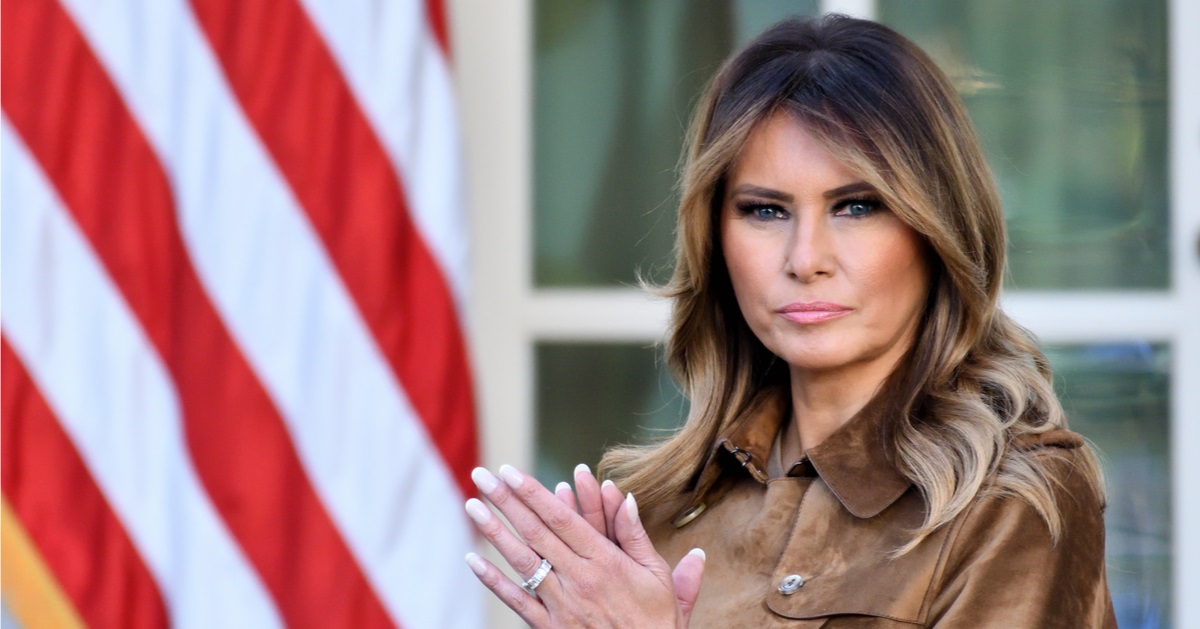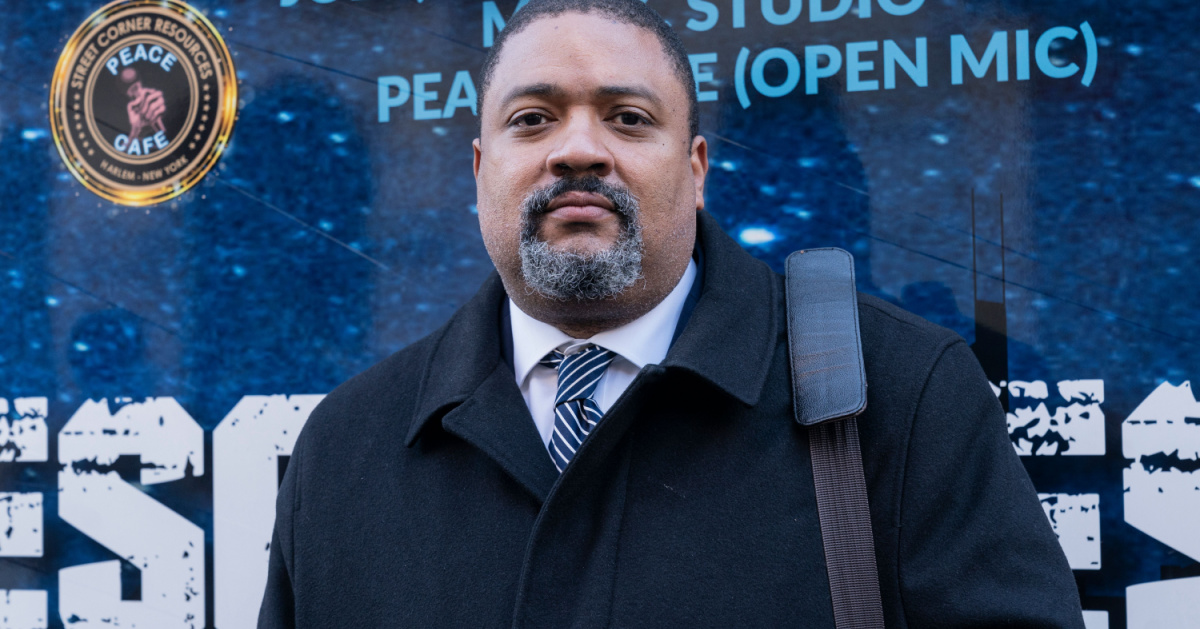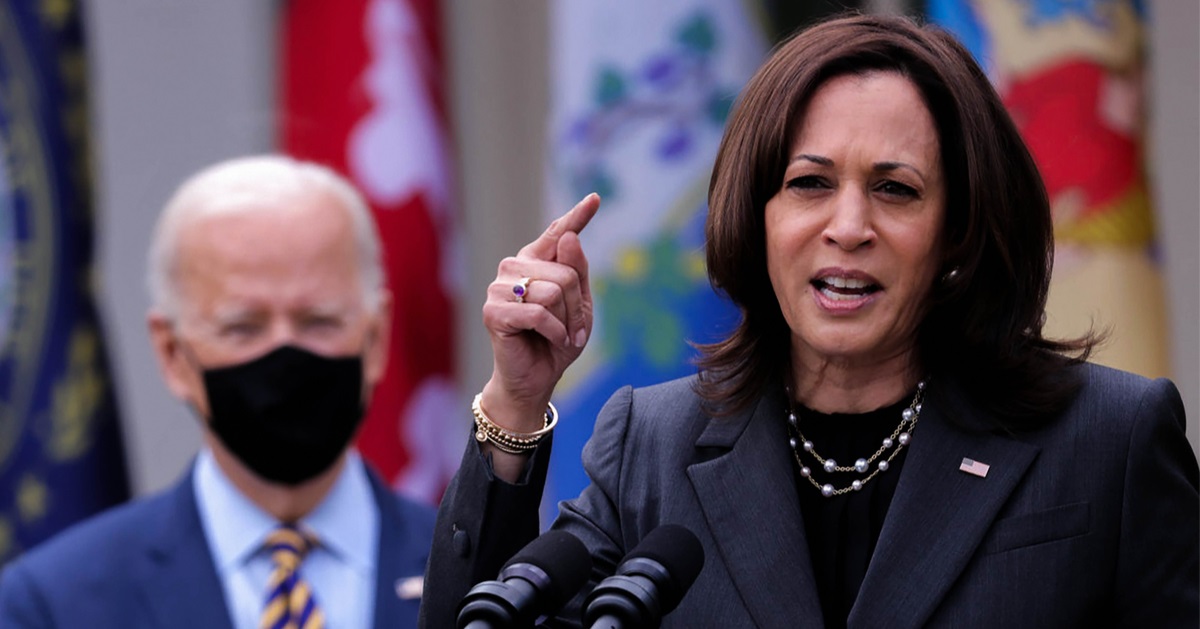Validity of Special Counsel Smith's appointment to be challenged in June 21 hearing in classified docs case
In his classified documents case in South Florida, former President Donald Trump has argued that Special Counsel Jack Smith was unlawfully appointed to that position and lacks the proper authority to prosecute him, and as such the criminal indictment should be dismissed.
District Judge Aileen Cannon scheduled a hearing on that matter for June 21 and, in a rare move, opened up the proceeding for three outside groups of legal scholars to participate in the oral arguments on the issue, according to Fox News.
Two of those three groups, known as "amici" or "friends of the court," have submitted briefs that align with Trump's motion to dismiss while the third group has defended Smith's appointment by Attorney General Merrick Garland.
Judge expands hearing to include amici groups
On May 7, as part of an order that indefinitely delayed a trial in the classified documents case, Judge Cannon set June 21 as the date for a hearing on former President Trump's motion to dismiss based on the unlawful appointment and funding of special counsel, and included a footnote that said, "Any amici wishing to present oral argument during this hearing must seek leave of Court to do so no later than June 3, 2024."
The three outside groups all met that June 3 deadline, which prompted a June 4 paperless order on the docket from the judge that approved the appearance of designated representatives at the June 21 hearing and allotted each of them 30 minutes to make their arguments.
In a June 5 order, Cannon further clarified, "The Court anticipates starting with argument from counsel for the parties; proceeding to hear argument from amici and rebuttal from the parties as necessary; and then accommodating any presentation of evidence, if deemed necessary by the Court, following review of the supplemental briefs on the need for further factual development."
The briefs for and against Smith's initial appointment
This all stems from former President Trump's motion to dismiss that was filed on February 22 and asserted that "The Appointments Clause does not permit the Attorney General to appoint, without Senate confirmation, a private citizen and like-minded political ally to wield the prosecutorial power of
the United States. As such, Jack Smith lacks the authority to prosecute this action."
It was further argued that the special counsel's office itself was never properly authorized by the Constitution or Congress and AG Garland's citation of internal Justice Department regulations as authorizing both the office and Smith's appointment were rejected by Trump's attorneys.
Just a couple of weeks later, an amicus brief was filed on March 5 on behalf of former Republican Attorneys General Ed Meese and Michael Mukasey, along with constitutional law professors Steven Calabresi and Gary Lawson, who posited similar arguments about the lack of authority of both Garland and Smith to prosecute Trump in this particular manner.
"Jack Smith does not have authority to prosecute this case. Those actions can be taken only by persons properly appointed as federal officers to properly created federal offices. But neither Smith nor the position of Special Counsel under which he purportedly acts meets those criteria," they wrote. "He wields tremendous power, answerable to no one. And that is a serious problem for the rule of law -- whatever one may think of former President Trump or the conduct Smith challenges in the underlying case."
Meanwhile, a March 21 amicus brief was filed on behalf of law professor Seth Barrett Tillman and the Landmark Legal Foundation that also provided arguments in support of the contention that Smith's appointment as special counsel was unlawful.
Those two briefs in support of Trump were countered, however, by an April 3 brief filed on behalf of a group of anti-Trump legal scholars and former government officials who argued that Smith had been properly appointed as an "inferior officer" to a congressionally authorized role and had sufficient authority to prosecute the former president.
Hearing could possibly result in dismissal of charges, end Smith's prosecution
It will be interesting to see how the oral arguments of former President Trump's attorneys, the special counsel's office, and the three amici groups play out during the June 21 hearing.
It is at least possible that Judge Cannon may ultimately be convinced that Special Counsel Smith's initial appointment was unlawful, which would seemingly necessitate the dismissal of the indictment and likely prompt appeals and additional briefs and hearings not just in the classified documents case but also Smith's 2020 election interference case against Trump in Washington D.C.






